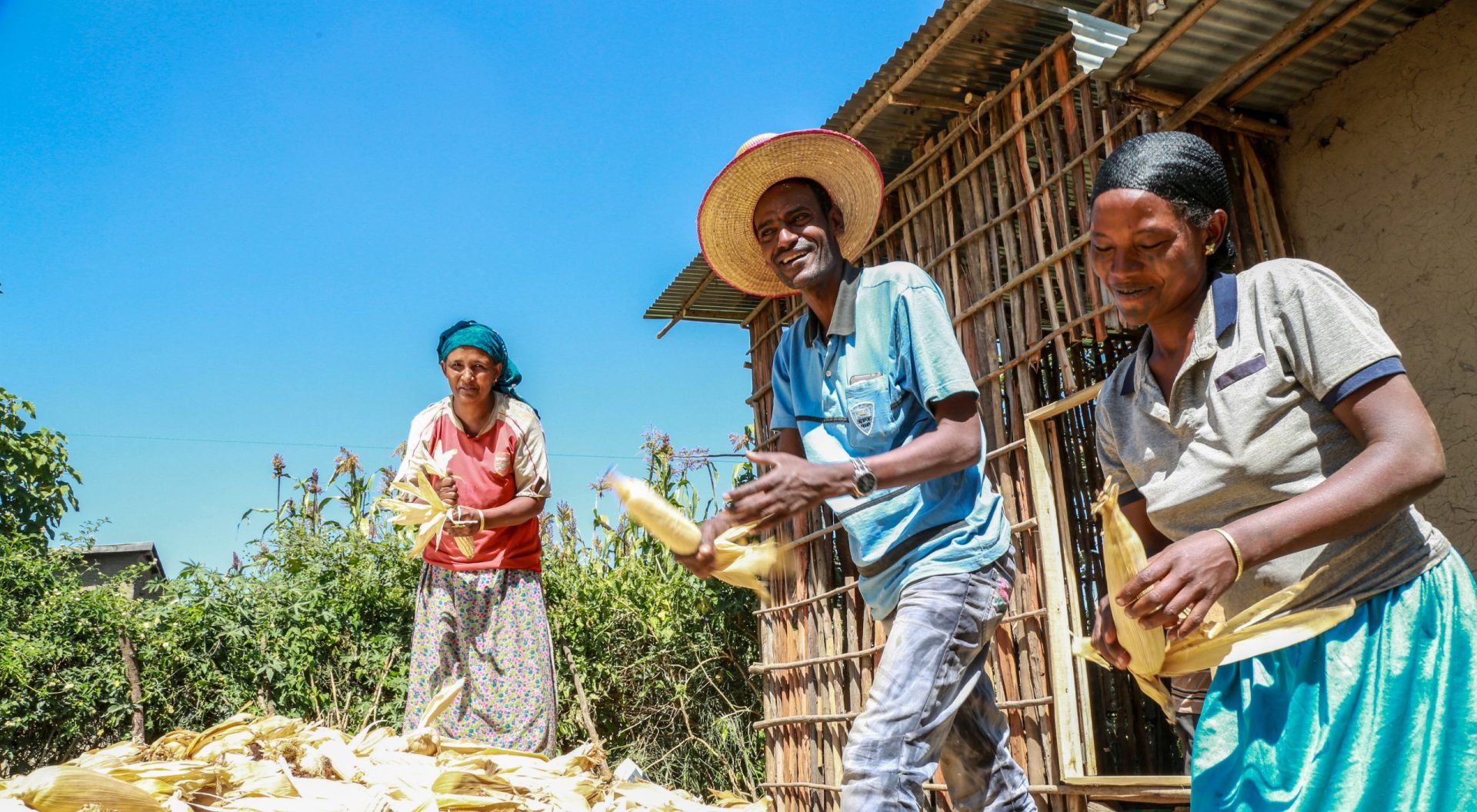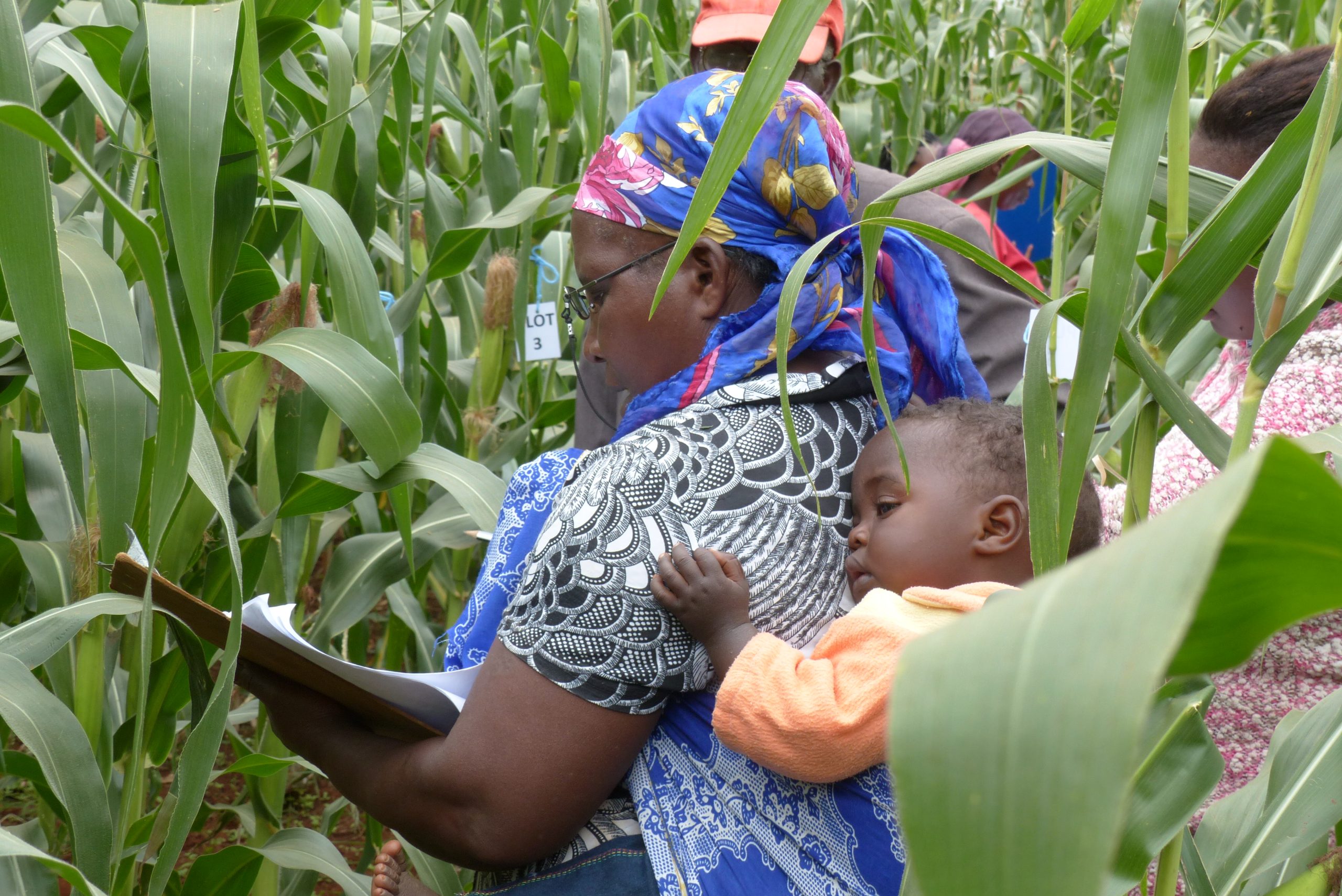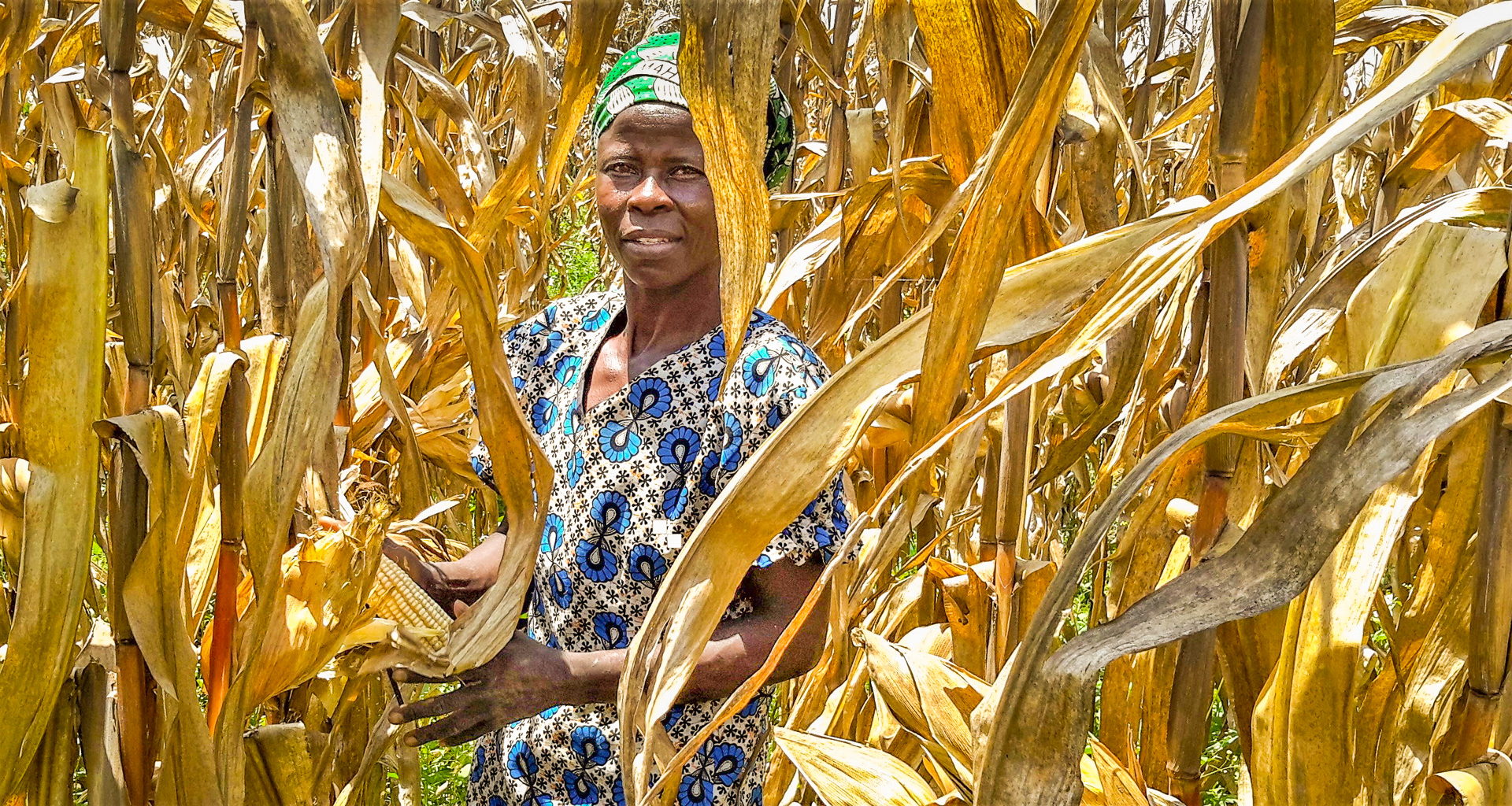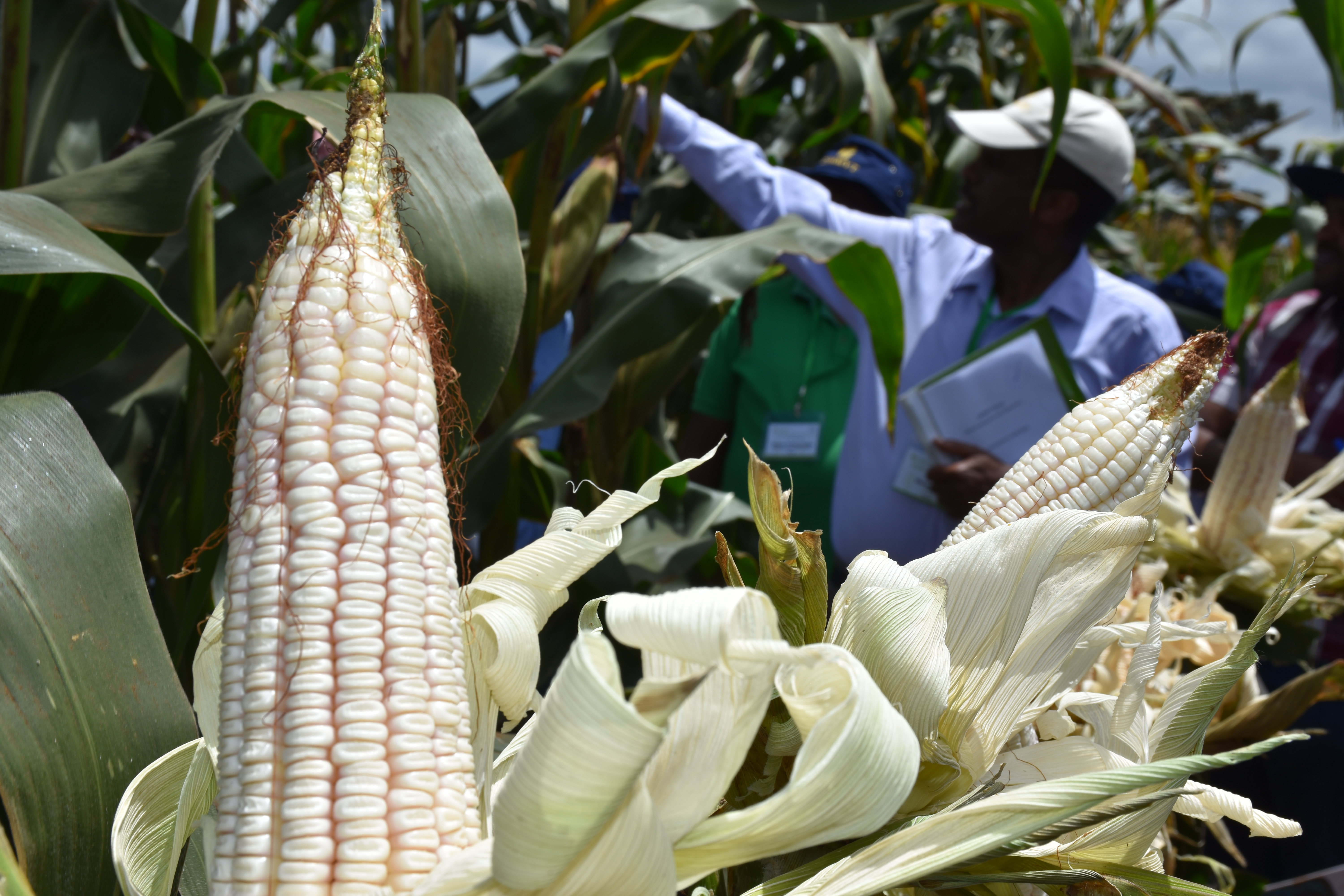The Seed Production Technology for Africa (SPTA) project is working to implement an advanced seed production system in Africa for the benefit of smallholder farmers in sub-Saharan Africa.
Hybrids are maize varieties in which the seed is produced by crossing two different parent lines, increasing the yield through heterosis. In hybrid maize seed production, the pollen-producing tassel must be removed on female parent plants to avoid self-pollination. If detasselling is not done in a timely and accurate way, pollen from the female plants can pollinate the ears, causing contamination and reduced seed quality. Currently, African seed production actors prevent self-fertilization during certified seed production by manual detasselling. This process requires considerable time and labor and reduces seed yield potential of the detasselled seed-bearing plants (female plants).
The Seed Production Technology for Africa (SPTA) project was launched to improve access for smallholders to high quality seed of modern maize varieties. The project targets small and medium seed production companies in the region to strengthen their capacity to produce high quality hybrid maize more efficiently, and at reduced cost. These modern hybrids will improve yield in drought prone and low fertility production conditions that are common among resource-constrained African smallholders, particularly those that are not able to access adequate fertilizers.
SPTA efforts will contribute to a more vibrant private seed sector by providing higher quality hybrid seed using a technology that fits well within existing production systems of small and medium enterprise seed companies. This will help to improve productivity gains for smallholder farmers and ease the burden on public funding for development.
The SPTA project originated from the Improved Maize for African Soils (IMAS) project that concluded in 2015. IMAS focused on developing maize hybrids that could use nitrogen fertilizer more efficiently to deliver higher yields under low fertility conditions.
How SPTA works
This project seeks to introduce a proprietary SPTA process that eliminates the detasselling step by utilizing a mutation in the naturally occurring maize gene – Ms44 – that aborts the development of microspores into pollen to create female parent plants that are male-sterile, eliminating the need to manually remove the pollen-producing tassels.
The cross-pollination between this female parent and the male parent is therefore more reliable, efficient, and cost effective. Importantly, whilst the SPTA process utilizes a transgenic maintainer line, no transgene will be present in the single cross production, three-way hybrid production, or the final hybrid seed, sold to farmers. The benefit of SPTA is that it works across genetic backgrounds, unlike cytoplasmic male sterility (CMS). An additional benefit of SPTA is hybrids produced using this technology yield 200 kg ha-1 more as a result of conserving resources for grain production.
Collaboration between Pioneer Hi-Bred International, Inc. (an affiliate of Corteva Agriscience) (Corteva), Agricultural Research Council of South Africa (ARC), Kenyan Agriculture and Livestock Research Organization (KALRO), Qualibasic Seed Company Limited (QBS) and CIMMYT
The SPTA project which is funded by the Bill & Melinda Gates Foundation originated from the Improved Maize for African Soils (IMAS) project that concluded in 2015, where the focus was on developing maize hybrids that could use nitrogen fertilizer more efficiently to deliver higher yields under low fertility conditions. The overall objectives of the project are to:
- Improve the grain yield potential of stress tolerant maize hybrids in low fertility environments.
- Develop a new hybrid production platform capable of producing sufficient early generation seed to support production of high-quality certified seed each year.
- Simplify hybrid maize seed production in sub-Saharan Africa.
Objectives
- Improve the grain yield potential of stress tolerant maize hybrids in low fertility environments.
- Develop a new hybrid production platform capable of producing sufficient early generation seed to support production of high quality certified seed each year.
- Reduce the production costs of seed partners in the sub-Saharan region.
The SPTA concept was confirmed suitable for tropical environments in Kenya, Zimbabwe, and South Africa in the first phase of the project (2017-2022). The current phase (2022-2024) is working towards licensing of the homozygous Ms44 seed to seed companies serving smallholder farmers in Africa. Eventually, the proprietary SPTA Maintainer Event and SPTA process will be licensed royalty-free by Corteva for further sublicensing in the production of SPTA Ms44 Maize in sub-Saharan Africa.
Ms44 and the SPTA Maintainer are introgressed into African-bred germplasm to produce male-sterile female parents (INP) suitable for low-nitrogen and drought environments in Africa. The commercial production of the INP will be carried out by QBS in South Africa after it has achieved full Excellence Through Stewardship (ETS) recognition and executed a royalty-free license agreement for the SPTA Maintainer Event with Corteva.
Seed companies will apply for release/registration and commercialize SPTA Ms44 maize only in sub-Saharan African countries that have acknowledged SPTA Ms44 maize as non-transgenic for the SPTA Maintainer Event. To produce and commercialize SPTA Ms44 maize, seed producers will have to access INP seeds from QBS and agree to implement all stewardship and management practices related to the use of SPTA Ms44 maize. Since the availability of SPTA Ms44 maize will be restricted this way, a percentage of its sales may be required to be paid into the FAO trust fund established by the Governing Body of the International Treaty on Plant Genetic Resources for Food and Agriculture.
Documents
SPTA project brief – Overview (updated November 2023)
SPTA project brief – Seed Production Technology for Africa: Efficient Seed Production Process for SMEs in Africa (updated November 2023)
SPTA project brief – Seed Production Technology for Africa: Modern and Pure Hybrids for African Farmers (updated November 2023)
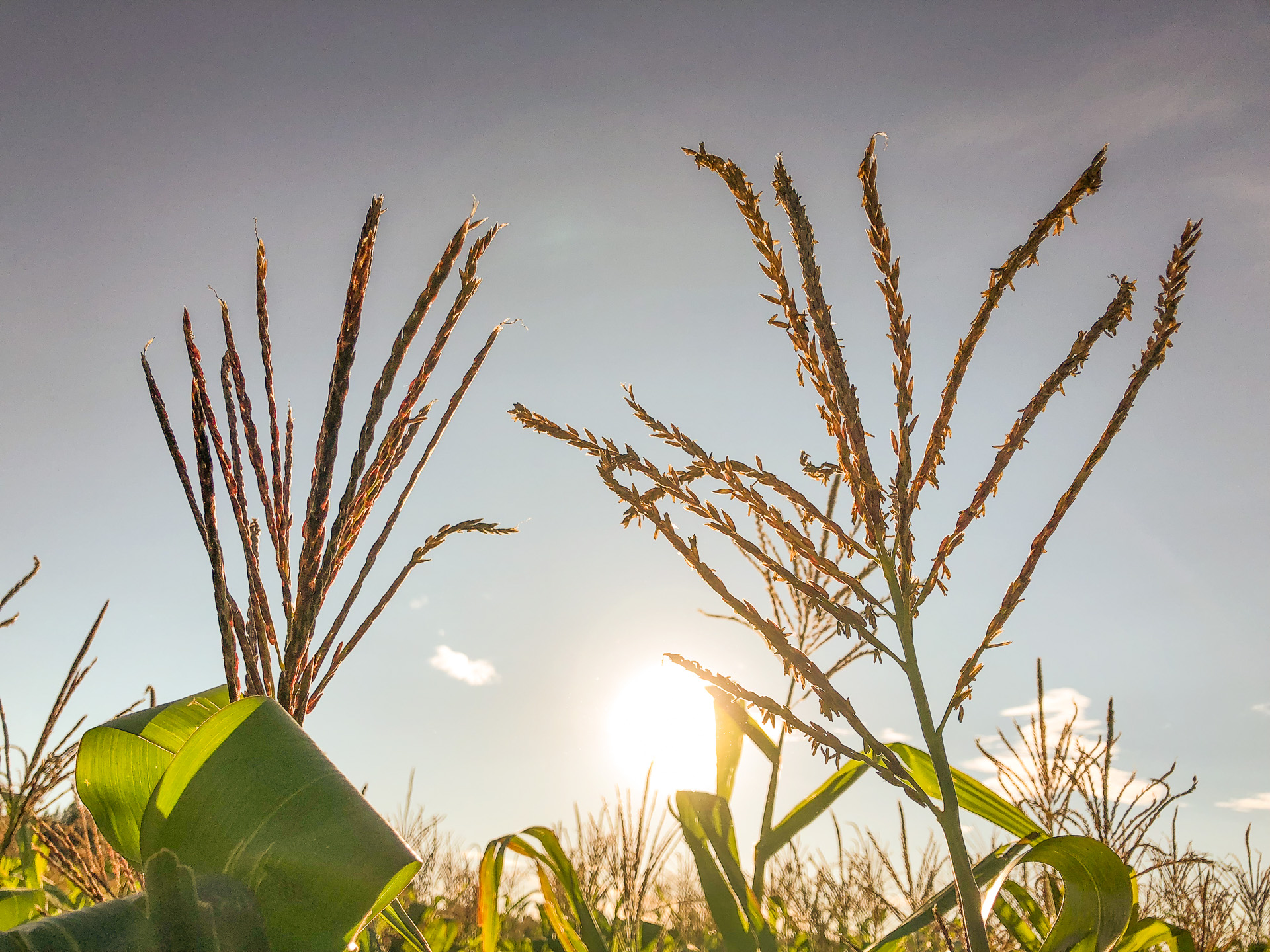
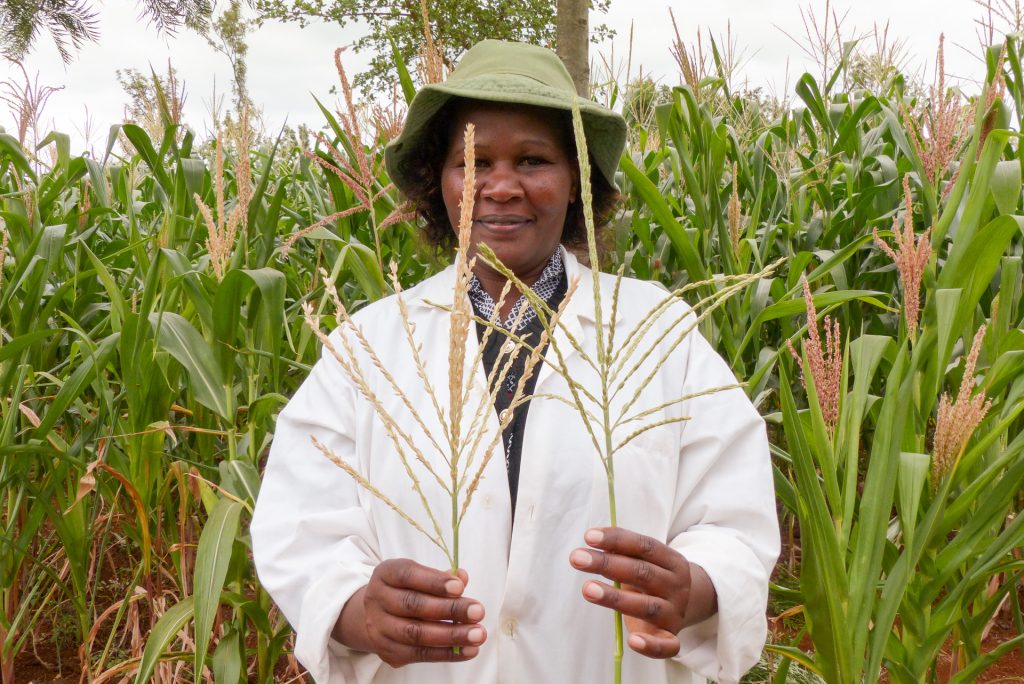
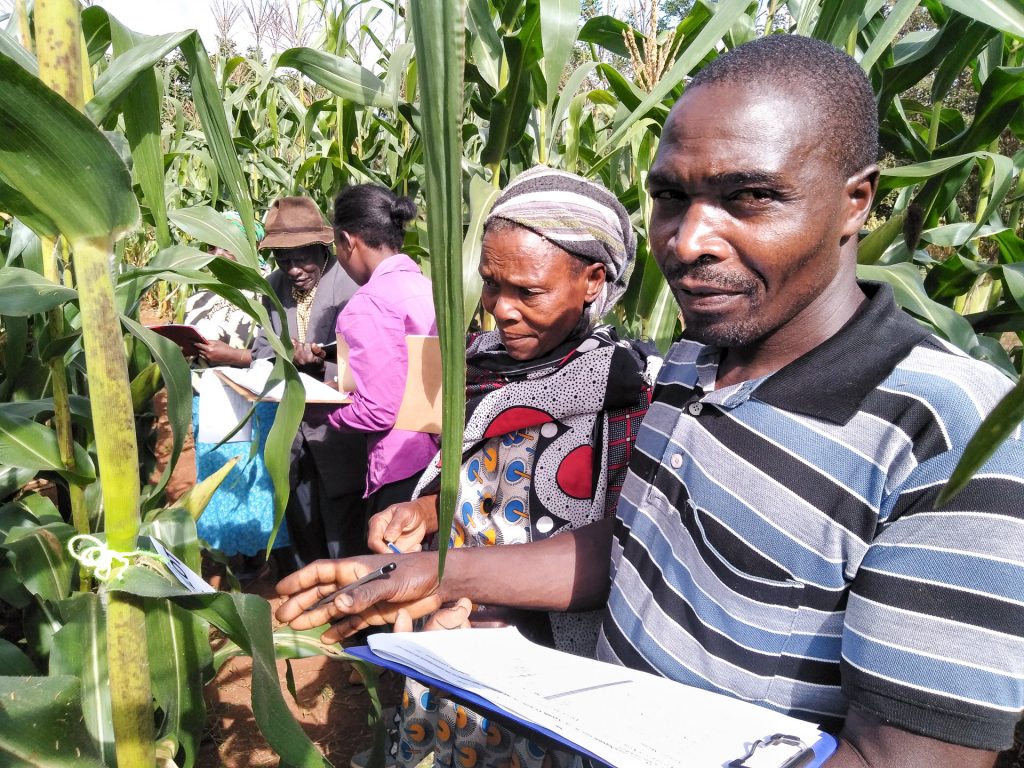
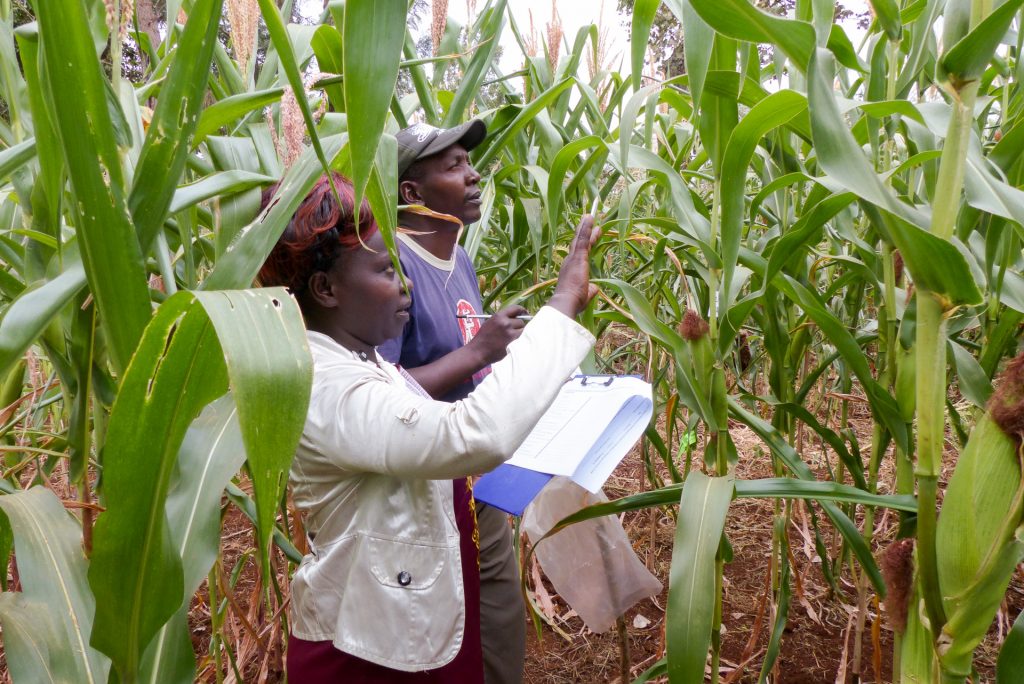
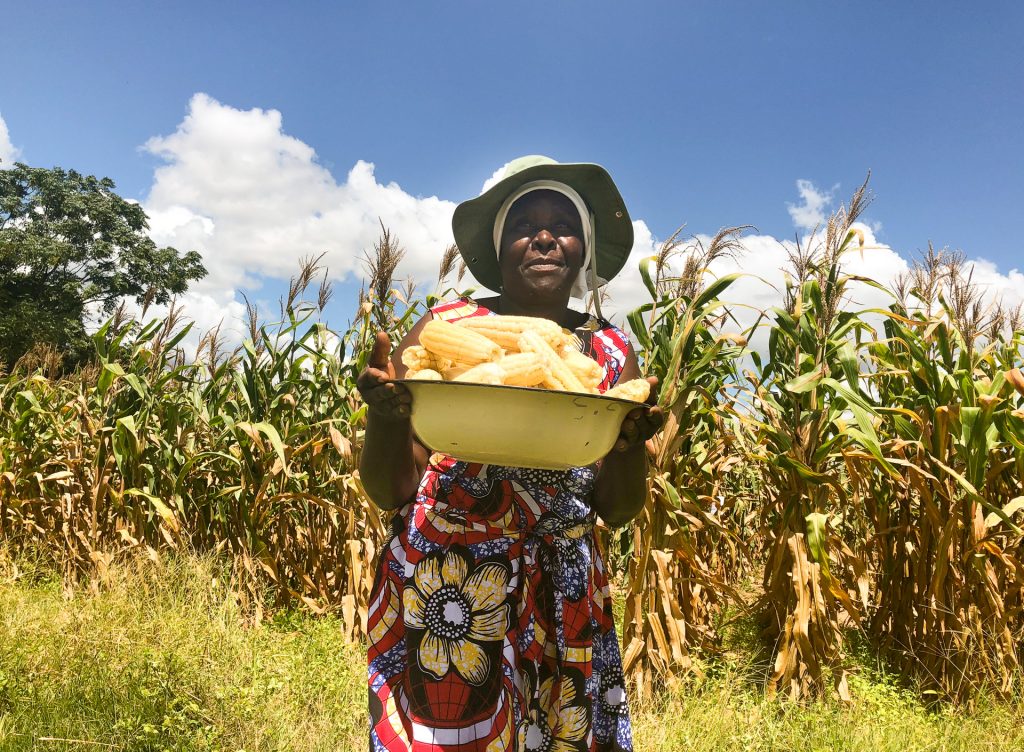
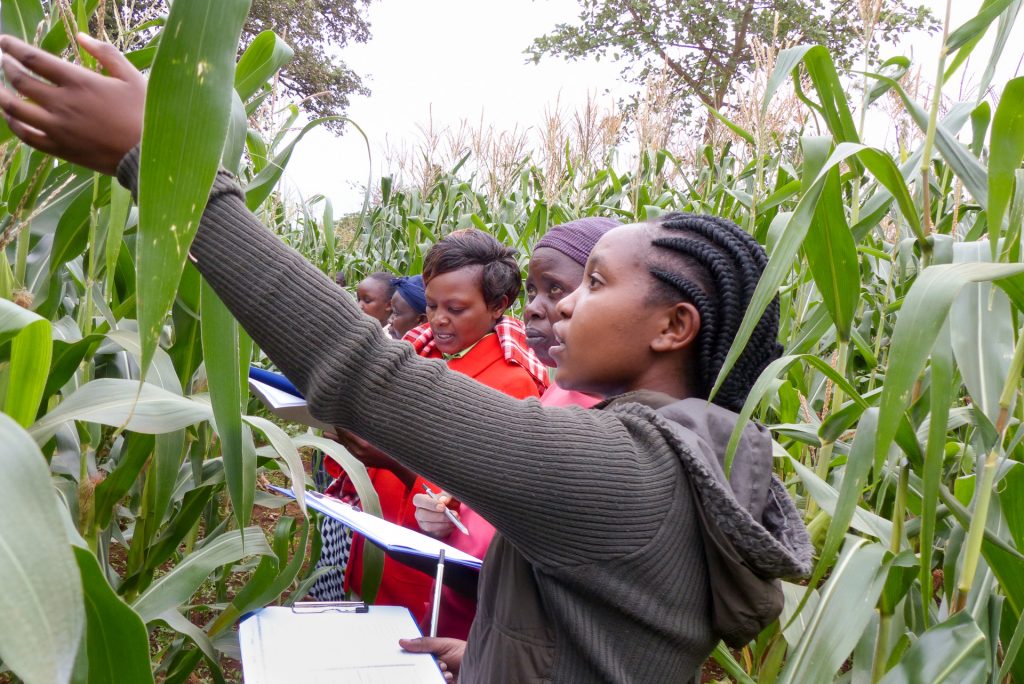
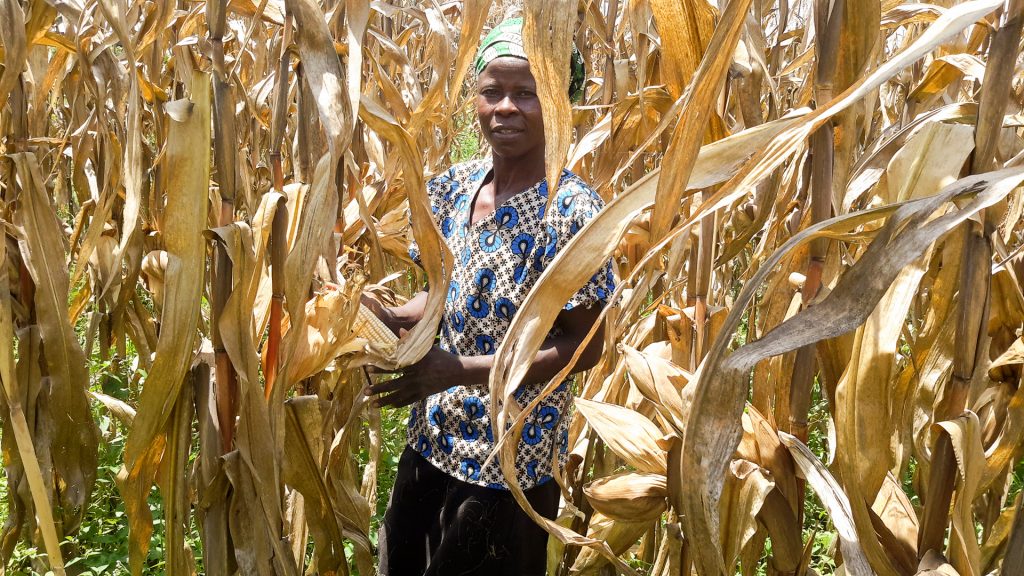
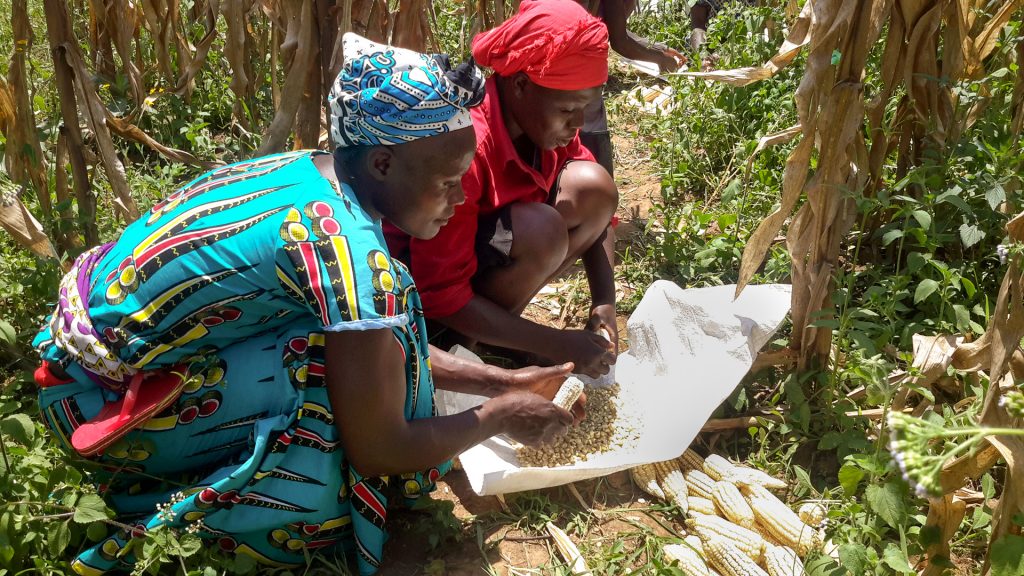
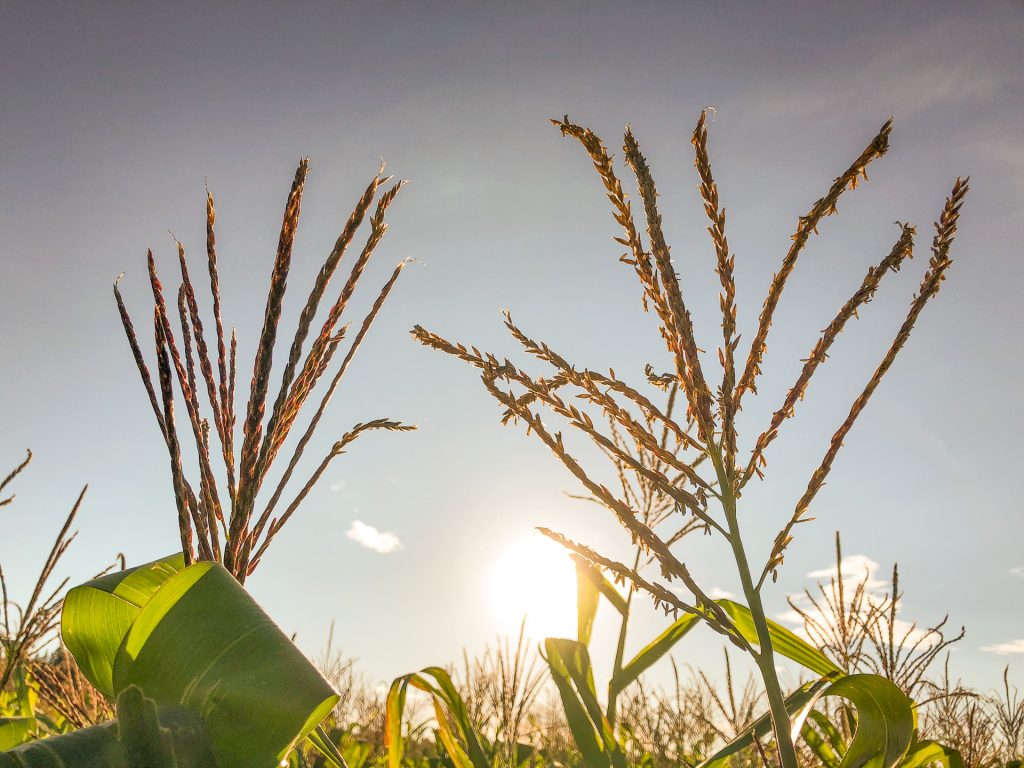
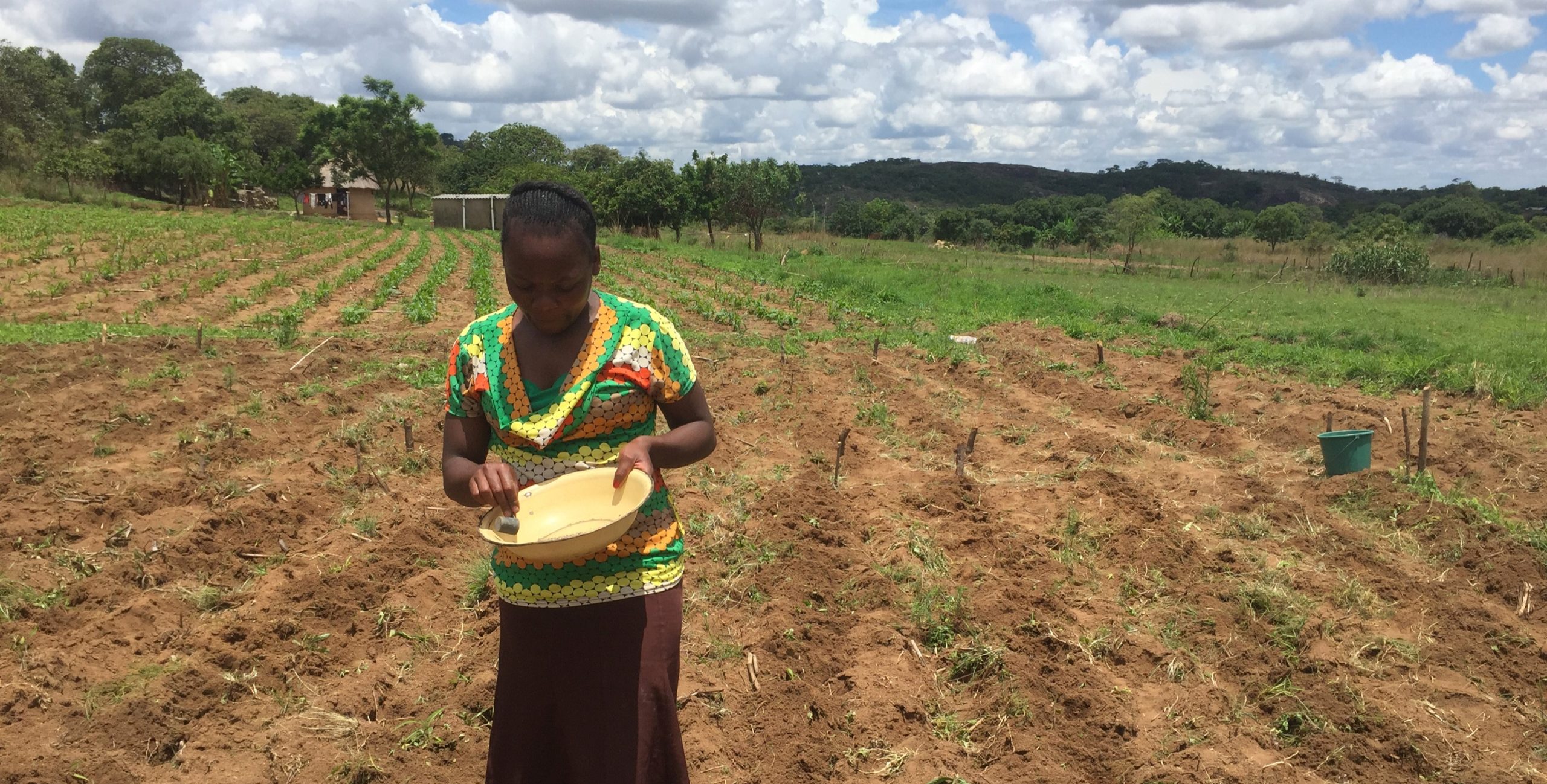
 Gender equality, youth and social inclusion
Gender equality, youth and social inclusion 
